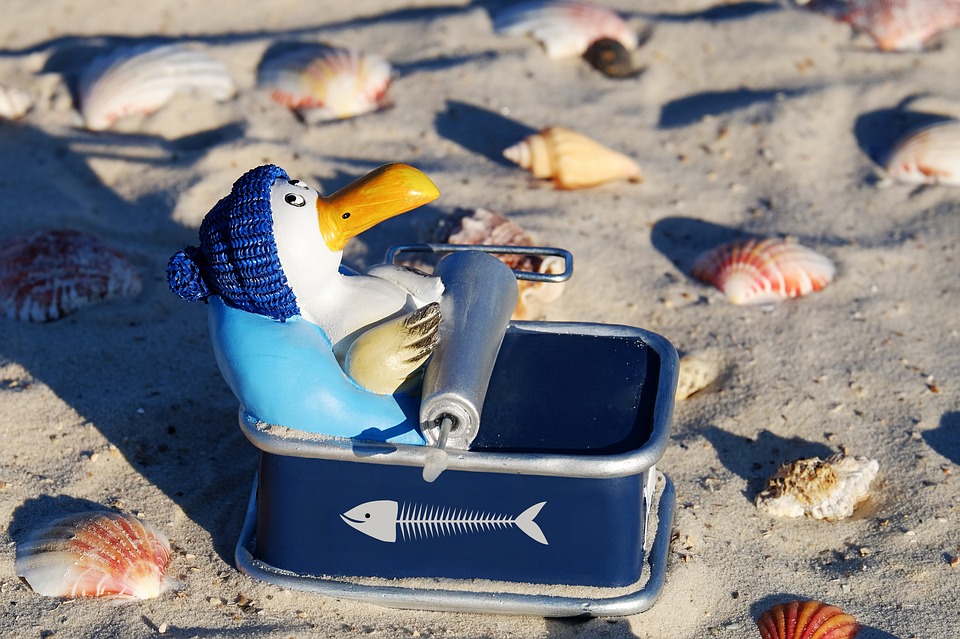**Exploring the Fascinating Feeding Frenzy of Fish Tank Fish: An Analysis**
*Unveiling the Intriguing World of Feeding Behavior in Fish Tanks*
Fish tanks have long captivated the hearts of hobbyists and enthusiasts alike, providing a mesmerizing glimpse into the underwater world. One of the most captivating aspects of maintaining a fish tank is observing the feeding frenzy that occurs when it’s time to nourish our aquatic companions. In this article, we will unravel the secrets behind the fascinating feeding behavior of fish tank fish and explore the various factors that influence their feeding habits. With a touch of SEO expertise, we’ll dive deep into the topic, ensuring you receive comprehensive insights to enhance your fish care knowledge.
**Understanding the Importance of a Balanced Diet for Fish Tank Fish**
Fish, just like any other living beings, require a balanced diet to thrive and maintain optimal health. A well-planned feeding routine ensures that your fish receive the necessary nutrients, vitamins, and minerals they need to flourish. Each species of fish has unique dietary requirements, so it’s crucial to research and understand the specific needs of your fish. By providing a balanced diet, you can enhance their immune system, promote growth, and prevent common health issues.
**Factors Influencing Feeding Behavior in Fish Tank Fish**
Several factors play a vital role in determining the feeding behavior of fish tank fish. Understanding these factors is crucial for maintaining a healthy and vibrant aquatic environment. Let’s delve into some of the key influences:
1. **Species-Specific Feeding Habits**: Different species of fish exhibit distinct feeding habits. While some are herbivores, others are carnivores or omnivores. Research your fish’s natural feeding behavior to ensure you provide the appropriate food.
2. **Tank Environment**: The setup and conditions of your fish tank can impact feeding behavior. Factors such as water temperature, lighting, and the presence of hiding spots can affect their appetite and feeding patterns.
3. **Social Dynamics**: Fish are social creatures, and their feeding behavior can be influenced by their tank mates. Dominant fish may monopolize food, while shy or less assertive species may struggle to access their fair share. Monitor your fish during feeding to ensure everyone gets enough to eat.
4. **Feeding Schedule**: Establishing a consistent feeding routine helps fish anticipate mealtime, reducing stress and promoting healthy feeding behavior. Feed your fish at regular intervals, ensuring not to overfeed or leave excess food to decay in the tank.
**FAQs: Addressing Common Queries on Fish Feeding**
Q1. *How often should I feed my fish?*
A. The frequency of feeding depends on the species. In general, most fish do well with one to two small feedings per day. However, research your specific fish’s dietary needs to determine the ideal feeding schedule.
Q2. *What types of food should I provide for my fish?*
A. Fish require a varied diet to meet their nutritional needs. Offer a mix of high-quality commercial fish flakes, pellets, frozen or live foods, and occasional treats like freeze-dried or fresh foods. Tailor the diet to match your fish’s natural feeding habits.
Q3. *How can I prevent overfeeding my fish?*
A. Overfeeding is a common issue that can lead to poor water quality and health problems. It’s best to feed small amounts that your fish can consume within a few minutes. Monitor their behavior and adjust the quantity accordingly.
Q4. *Can I hand-feed my fish?*
A. Hand-feeding can be an enjoyable way to interact with your fish, but it’s important to ensure cleanliness and avoid introducing harmful substances from your hands. Use specialized fish food delivery tools or wash your hands thoroughly before feeding.
In conclusion, understanding the feeding behavior of fish tank fish is key to providing optimal care. By considering factors such as species-specific needs, tank environment, social dynamics, and establishing a proper feeding schedule, you can create a thriving aquatic ecosystem that promotes the health and happiness of your fish. Remember to research your fish’s dietary requirements and reach out to fellow hobbyists or experts for guidance. Happy fish-keeping!









